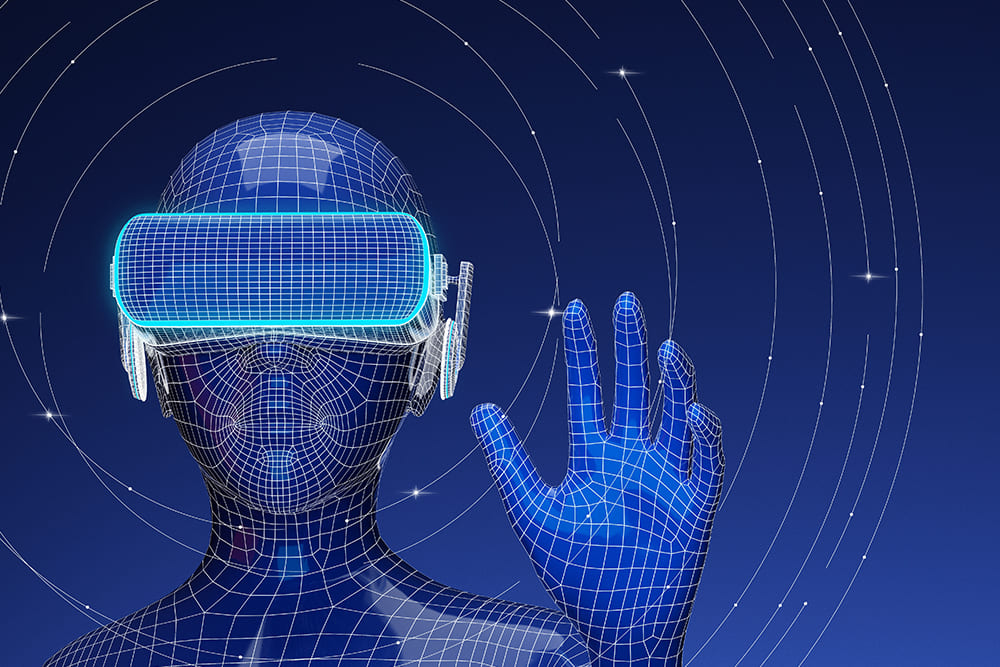Decentralized Gaming: Unboxing


Decentralized Gaming: Unboxing
Since the early 1980s, when 8-bit graphics were all the rage, the gaming business has been on the rise. Before Xbox 360 and PlayStation dominated the market, compact disc consoles like SEGA and Nintendo DS were popular. Given the soaring popularity of traditional games and the vast untapped potential in the industry, it was only a matter of time before virtual worlds and blockchain technology collided.
Developers of decentralized applications could not use the Bitcoin network because of its rigidity. Video games place heavy demands on computer technology and software, and their success depends on lightning-fast response times. If we ignore the shortcoming of the smart contract, the Bitcoin network’s confirmation time for a transaction is 10 minutes. Decentralized gaming entered a new age with the rise of alternative blockchains like Ethereum (which allows for the deployment of smart contracts).
The Main Concept
The design, distribution, and consumption of video games have all been largely controlled by a handful of multinational corporations for quite some time. Hasbro, Activision, and Electronic Arts (EA): when was the last time any of these companies did something but produce games that made their board members rich? Since it’s difficult for a centralized business to avoid doing so, the correct answer is “never.”
In a decentralized autonomous organization (DAO), decisions are made from the ground up or by the community instead of being handed down from on high. Collectively owned, DAOs have rules that are enforced by the blockchain itself. This turns the typical structure, in which a single decision-maker acts as CEO, on its head.
Any game that relies in whole or in part on the blockchain to function is considered a decentralized game. When paired with blockchain technology, decentralized gaming provides the same transparency and proof of ownership as DAOs for gaming enterprises. In addition, players get a say in the game’s development and can make money while they play, all of which alter our perspective on gaming. We are no longer required to sit on the sidelines and pay our way into the game. Instead, we may have a hand in building games and profiting from the games we already like.
What Are Decentralized Games?
Decentralized games can be played on a distributed ledger system like the blockchain. Smart contracts are self-executing contracts with the conditions of the agreement between buyer and seller inscribed directly into lines of code. They are the primary means by which participants interact on gaming platforms. This means that the game’s rules and outcomes are open, can’t be changed, and can’t be stifled or manipulated in any way.
Tokens and cryptocurrencies are commonplace in decentralized games, facilitating the acquisition, exchange, and monetization of virtual goods and services. This can open up fresh options for players to interact with and benefit from the game’s economy.
Players in a decentralized game can have more control over their own in-game assets and a greater say in the game’s evolution because of the absence of a central authority.
How Does It Work?
Governance coins are used in the decentralized voting process, which is managed by smart contracts on the blockchain. Tokens for voting in a game’s ecosystem are called “governance tokens,” and they can be purchased or won as rewards. With governance tokens, players can propose and vote on changes to the game’s rules and mechanics.
A person can increase their influence in a vote by locking up more tokens. Someone who stores away 1,000 tokens, for instance, will have 1,000 times as many votes as someone who stores away just one token. This is beneficial to the game’s ecosystems since it gives players that care about the game a greater voice in its future. This prevents trolls from entering the gaming platforms and ruining them by themselves using only one token.
Key Components of Decentralized Gaming
Blockchains
Decentralized gaming relies heavily on blockchain networks, which operate as hosts by recording transactions, doling out rewards, and carrying out actions predetermined by smart contracts. No matter how many transactions have occurred in a game, players will always have access to the public ledger maintained by blockchain technology.
Cryptocurrency
In the past, gamers used real money or a credit card to buy items in games. Cryptocurrencies are used for all transactions and in-game purchases in decentralized games. Tokens of value within most blockchain games serve as the medium for players to acquire content and progress through the game. Together, games and decentralized finance (DeFi) come together in decentralized gaming finance or GameFi.
NFTs
While not yet universal in the blockchain gaming community, the non-fungible token (NFT) standard is gaining traction in the GameFi ecosystem. In-game purchases made with NFTs in blockchain games are digital assets, and players are given complete ownership and management over these tokens.


Expert Metaverse Game Development
We build decentralized applications and smart contracts for a variety of uses.
Key Advantages
There are many problems with classic gaming that game developers still need to solve. Such issues include the need for more space to store data and the potential for data loss due to malicious hacking or natural disasters like fires. Players’ privacy concerns extend to the fact that they do not have complete control over their accounts or their virtual belongings. Another issue is the proliferation of cheating methods, which levels the playing field unfairly for some players.
There are numerous ways in which decentralized gaming excels above its centralized counterpart:
Security
Games will be less vulnerable to external hacking because of the secure transactions made possible by blockchain networks like Algorand.
Privacy
The anonymity provided by blockchains ensures that users’ gaming data remains secret. Because smart contracts entirely automate the game, neither the game developers nor any third party can track a player’s progress.
Ownership
In decentralized gaming, participants have full ownership over their in-game assets and cannot be arbitrarily locked out of the game if the gaming platform so chooses.
Rewards
With the introduction of GameFi, players can now receive cryptocurrency or NFT prizes based on their gaming time, proficiency, and involvement in the DeFi community. Several blockchain games feature mining awards, stake rewards, and even token holders’ dividends.
Blockchain Games Leading the Decentralized Revolution
Several projects built by gaming companies on the blockchain are embracing the token economy and decentralized governance. A utility and governance token called $GODS has been announced by the company Immutable, creators of the popular NFT trading card game Gods Unchained. As an added bonus, staking will give players a larger say in shaping the future of the Gods Unchained ecosystem.
In Evolution Land, players conduct cross-chain digital economic transactions in a simulated environment. Atlantis, which operates on Ethereum, and Byzantium, which operates on TRON, are just two of the 26 continents in the world. Land can be bought and sold, components mined, buildings constructed, and props crafted by players. In addition, players have the freedom to determine governance criteria like trade and tax rates on their own. All of the game’s assets are the players’ property, which they can buy, sell, and trade for virtual money. The RING token is the in-game currency used to cast votes and make ideas that other players can vote on.
All the previously mentioned use cases illustrate how well-accepted decentralization has become in the gaming industry’s blockchain. Players are increasingly given agency over a game’s development, making them an integral element of the game’s ecosystem. Thanks to the blockchain technology that underpins NFTs, they also have an inalienable right to the ownership of in-game assets. This framework foreshadows a future in which players take on the role of game administrator.
At EvaCodes, we’re working to incorporate and improve upon similar ideas. Players, collectors, content creators, and investors all have a voice in the game through our in-game digital currency. You may make your own unique event, complete with a voting community, custom deck, and gaming options.
Conclusion
The advent of the Web3 gaming world, which incorporates metaverse and blockchain technologies, has fundamentally altered the video game industry as a whole. As a result, the gaming industry has become more decentralized and accessible to players.
Web3 gaming also supports the gaming industry’s monetary side with cutting-edge technologies like blockchain, DAO, and the metaverse. In-game digital asset trading and NFT-based “play-to-earn” activities are two examples of how this assists gamers in making money. Web3 gaming is, thus, a promising development for the future of the digital game market.
Written by Vitaliy Basiuk
COO & Co-founder at EvaCodes | Blockchain Enthusiast | Providing software development solutions in the blockchain industry





